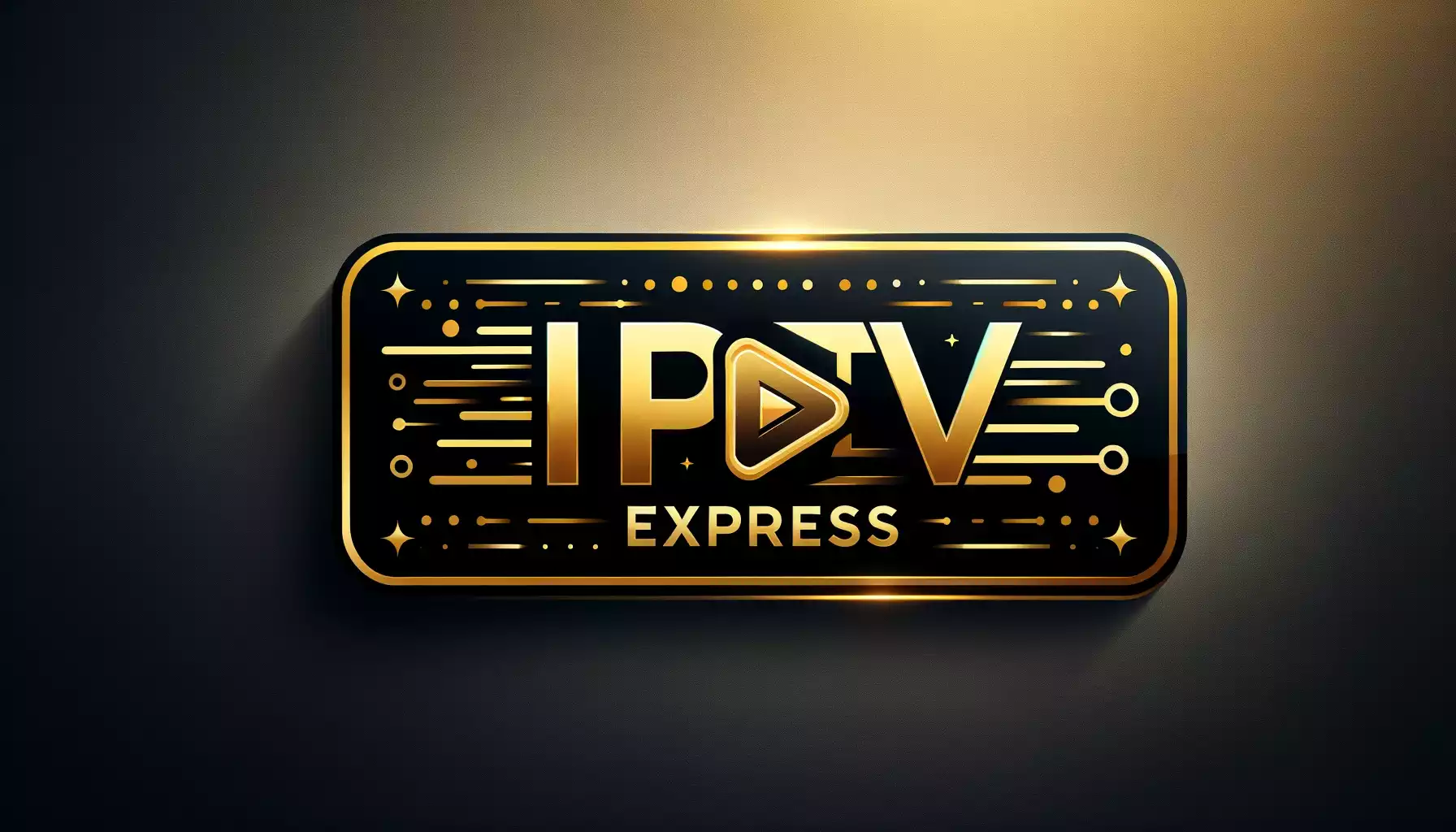How Does Iptv App Work
IPTV or Internet Protocol Television is a technology that provides TV services through the internet, rather than through traditional terrestrial, satellite, or cable formats. IPTV is a method of delivering video content over an internet protocol (IP) network. With IPTV, your internet connection is used to receive and transmit TV signals, which means you can enjoy live TV, video-on-demand, and interactive TV services on any IPTV-enabled device.
IPTV services are delivered through dedicated IPTV apps, which are designed to offer a user-friendly experience and excellent streaming quality. These apps work by accessing and transmitting content through different IPTV servers located around the world. The content is then streamed to your device in real-time, so you can watch your favorite TV programs, movies, and series whenever and wherever you want.
So, how does IPTV app work? Here’s a breakdown of the key components that make IPTV apps so effective.
1. Content Providers
IPTV services rely on content providers to source and deliver video content to their users. These providers can be broadcasters, production companies, studios, or independent producers. They are responsible for creating, licensing, and distributing the content to the IPTV service providers.
2. IPTV Service Providers
IPTV service providers are companies that deliver IPTV services to end-users. They act as intermediaries between content providers and end-users, providing infrastructure, software, and support services necessary for delivering a seamless streaming experience. IPTV service providers offer different packages, including live TV, video-on-demand, and catch-up TV services.
3. IPTV Streaming Protocol
IPTV apps use different streaming protocols to deliver video content, including RTSP, RTP, HLS, and MPEG-TS. These protocols ensure that the video content is transmitted efficiently and securely over the internet, without buffering or loss of quality. The choice of streaming protocol depends on various factors such as the type of content, network conditions, and the device being used.
4. Content Delivery Network (CDN)
CDN is a network of servers located in different parts of the world, responsible for delivering video content to end-users. CDN technology ensures that the video content is transmitted from the server closest to the user, which reduces latency and improves streaming quality. CDN servers cache content for faster delivery and reduce bandwidth usage, which helps to lower the cost of content delivery.
5. Player Software
IPTV apps use player software to decode and render the video content on the user’s device. Player software is also responsible for managing user authentication, content decryption, and DRM protection. The player software supports different video formats, including H.264, H.265, and VP9, and is compatible with various devices such as smartphones, tablets, smart TVs, and set-top boxes.
Conclusion
IPTV is a revolutionary technology that changes the way we watch TV. IPTV apps are user-friendly and offer high-quality video content, making them an excellent choice for anyone looking for a flexible and cost-effective alternative to traditional TV services. Understanding how IPTV apps work is essential to get the most out of your IPTV experience. With the right IPTV app, you can have access to an extensive range of TV programs, movies, and series from around the world, all in one place.
Get your subscription today:
IPTVEXPRESS.uk

 50% OFF – Ultimate IPTV Subscription!
50% OFF – Ultimate IPTV Subscription!